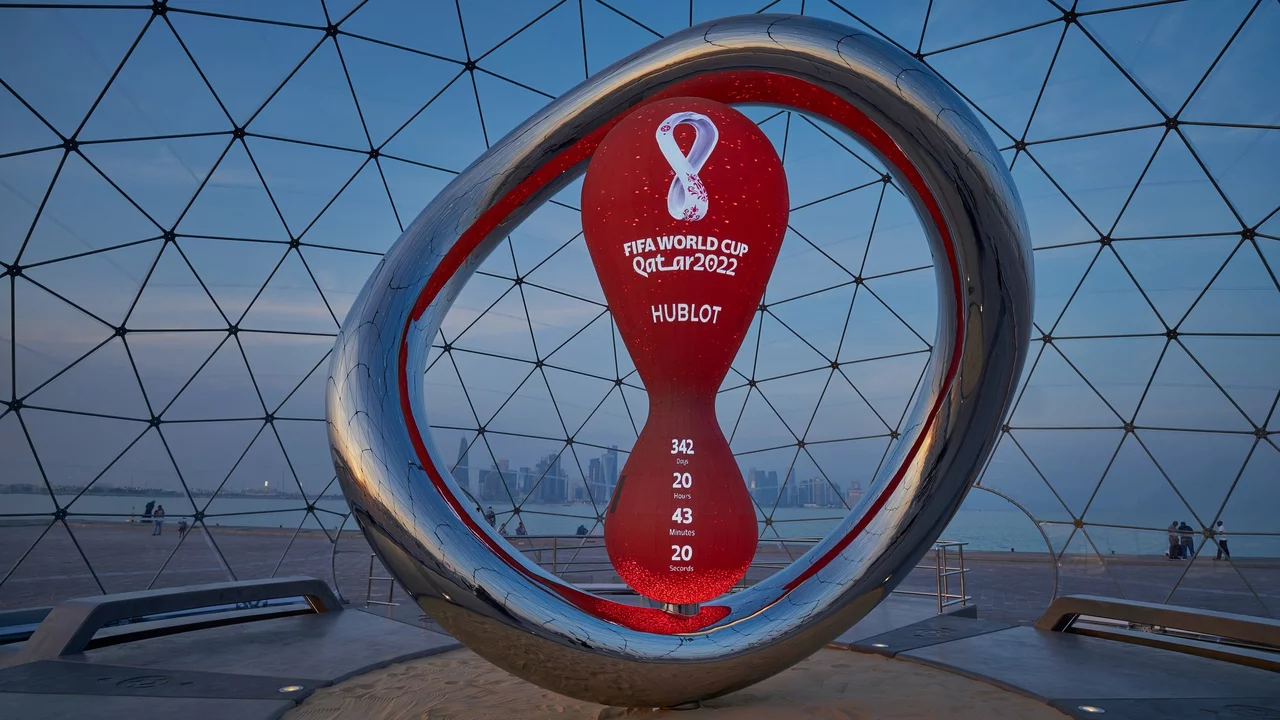How has Qatar's World Cup preparations changed the country?

Transforming the Infrastructure
One of the most significant changes in Qatar since the announcement of the World Cup is the massive transformation of its infrastructure. The country has invested billions of dollars to ensure that it is well-equipped to host the prestigious event. This includes the construction of new roads, bridges, public transportation systems, and state-of-the-art stadiums. The Lusail Expressway, for example, is a major road project that connects the city of Doha with the under-construction Lusail City, which will host the opening and closing ceremonies of the World Cup.
Additionally, Qatar has made significant investments in public transportation, such as the Doha Metro, which has already begun operations and is expected to cover 300 kilometers by 2030. The metro system not only caters to the needs of the local population but also provides a convenient means of transportation for tourists and football fans during the World Cup. The country has also expanded its international airport, Hamad International Airport, to accommodate the influx of visitors during the event.
Boosting the Economy
The World Cup preparations have had a significant impact on Qatar's economy, as the country has seen a surge in foreign investments and an increase in employment opportunities. The construction projects related to the World Cup, particularly the stadiums and infrastructure, have created numerous jobs for both locals and expatriates. This has contributed to the overall growth of the country's economy, making it one of the fastest-growing economies in the region.
Moreover, Qatar's hospitality sector has also witnessed a boom, as hotels and restaurants are being built or expanded to cater to the expected influx of tourists during the event. This has led to an increase in job opportunities within the hospitality industry as well. Furthermore, the World Cup has provided local businesses with a global platform to showcase their products and services, thereby boosting the country's international profile.
Enhancing Sports Culture
Qatar's World Cup preparations have also played a crucial role in promoting sports culture within the country. The government has invested heavily in sports infrastructure and training facilities, as well as in the development of local talent, to ensure that the country has a competitive national team for the World Cup. Programs such as the Aspire Academy have been instrumental in nurturing young athletes and providing them with world-class training and education.
Furthermore, the increased focus on sports has encouraged more people to take up various sports activities, leading to a healthier and more active population. The World Cup has also prompted the government to introduce sports-related educational programs and initiatives, which not only teach the importance of sports but also provide valuable life skills, such as teamwork and discipline.
Promoting Sustainability
One of the key goals of Qatar's World Cup preparations is to ensure that the event is environmentally sustainable. The country has made significant strides in this regard, with the construction of eco-friendly stadiums that use renewable energy sources and employ advanced technology to minimize waste and conserve water. The Al Janoub Stadium, for example, features a state-of-the-art cooling system that consumes 40% less energy than traditional systems, along with a rainwater harvesting system that is used to irrigate the surrounding landscape.
Additionally, Qatar has made efforts to reduce the carbon footprint of the World Cup by investing in public transportation and encouraging visitors to use these systems instead of private vehicles. The country is also committed to recycling and repurposing materials used during the event, such as converting temporary stadiums into community facilities after the World Cup is over.
Addressing Social Issues
Qatar's World Cup preparations have also brought attention to various social issues within the country, particularly the treatment of migrant workers involved in the construction of the stadiums and infrastructure projects. In response to international criticism, the Qatari government has introduced a series of labor reforms aimed at improving the working and living conditions of these workers. This includes the abolition of the kafala system, which tied workers to their employers and often led to abuse and exploitation, as well as the introduction of a minimum wage and improved health and safety regulations.
Moreover, the World Cup has also provided a platform for Qatar to showcase its rich cultural heritage, with various events and programs designed to promote understanding and appreciation of the country's history, traditions, and customs. In this way, the preparations for the event have not only led to significant changes in the country's infrastructure and economy but have also contributed to the growth and development of its society and culture.

Write a comment